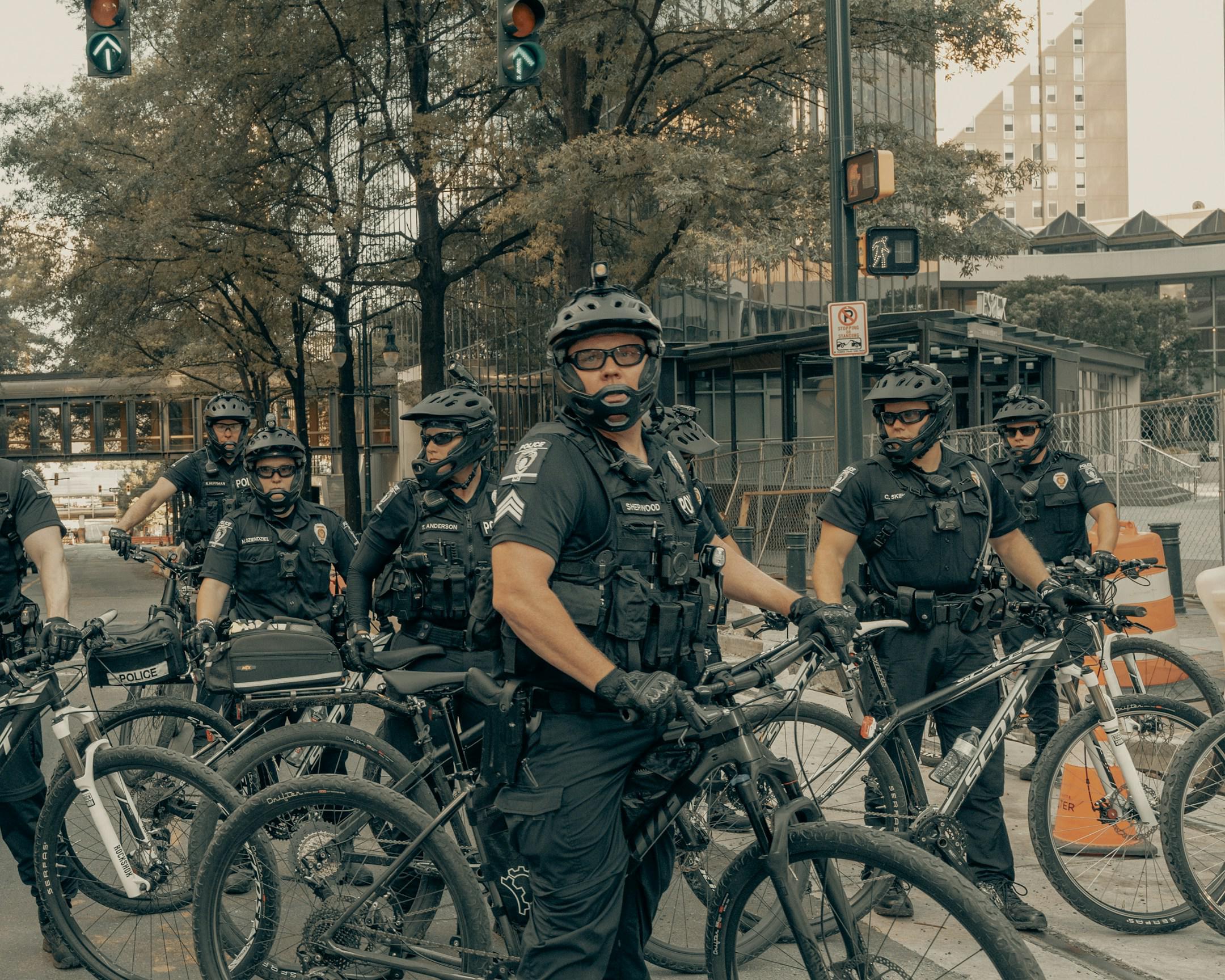
The streets they patrol may change, but the brave men and women in blue pledge to serve and protect with unyielding consistency. Every day, police officers put on their badges and face challenges that most civilians would balk at – a testament to their courage and commitment. But who walks the beat for our law enforcement? Who provides them with a voice when they need support? This is where police advocacy plays a critical, yet often overlooked role.
For those who dedicate their lives as cops, engaging with the community, upholding justice, and safeguarding the peace are fundamental responsibilities. However, amidst the waves of challenges, police advocacy ensures that the rights and well-being of law enforcement personnel are not lost in the fray.
Police advocacy serves as the backbone of support for officers by addressing key issues that range from work conditions and safety protocols to legal aid and psychological support. These organizations unite voices and resources to build an effective support system for officers both in and out of uniform.
Modern policing has an ever-evolving set of challenges, and with it comes the need for ongoing training, better equipment, and safer working conditions. Advocacy groups push for legislation and policies that protect officers, such as ensuring they have bulletproof vests, access to firearms, and secure communication systems to call for backup whenever needed.
When officers find themselves in legal entanglements or the subject of a lawsuit, advocacy groups step in to offer legal connections and advice. They ensure due process is upheld and provide indispensable counsel in times when officers face scrutiny or accusations while carrying out their duties.
Police work can take a toll on mental health. From the stress of life-threatening situations to the trauma of tragic incidents, officers must cope with emotional burdens on top of their physical exertions. Advocacy organizations recognize the importance of mental health services and champion for counseling, therapy programs, and peer support networks.
Advocacy groups also amplify the voices of law enforcement in policymaking by ensuring they have a seat at the table where decisions are made. From community policing strategies to legislative reforms, these groups strive to represent the interests and insights of officers on the ground.
Law enforcement officers operate daily within diverse communities, and their roles are multifaceted. Police advocacy supports these officers and strives to build bridges between the police and the public. By fostering understanding and collaboration, advocacy efforts can help to illuminate the shared goals of community safety and respect for civil liberties.
In moments of conflict or crisis, advocacy organizations may facilitate dialogue and offer context to the public about police protocols and challenges. By doing so, they work to enhance police-community relations and reinforce the common mission of making society a safer place for everyone.
The field of law enforcement is dynamic, and continuous learning is essential for cops to adapt effectively. Advocacy groups advocate for substantial training programs that prepare officers for the myriad scenarios they'll encounter. This includes de-escalation techniques, non-lethal force training, and courses on cultural competence, all aimed at honing an officer's ability to respond with professionalism and care, regardless of the situation.
Training is also oriented toward technological proficiency, given the advent of digital crime-solving tools, cybersecurity, and the increasing role of social media in law enforcement. Staying ahead in knowledge and capability is imperative, and police advocacy ensures officers have access to ongoing education and developmental opportunities.
The road ahead for police advocacy is paved with both challenges and unwavering commitment. New societal issues, evolving crime patterns, and shifts in public sentiment toward law enforcement mandate that advocacy efforts remain fluid and proactive. Groups dedicated to police advocacy understand that protecting and supporting officers is a continuous endeavor that must adapt to the changing tides of society and the needs of the officers serving it.
As we navigate through complex times, the vitality of police advocacy cannot be overemphasized. It stands as a pillar for those who serve. For officers patrolling our neighborhoods and confronting challenges most can scarcely imagine, knowing they are supported at every turn makes a world of difference. It allows them to carry on with their duty – to protect and serve – with the assurance that they, too, are protected.
The mission of advocacy groups is clear: to protect those who serve. It's not just about having their backs in the line of duty; it's also about voicing their concerns, preserving their rights, and ensuring the badge they wear is met with fairness and the recognition it's due.